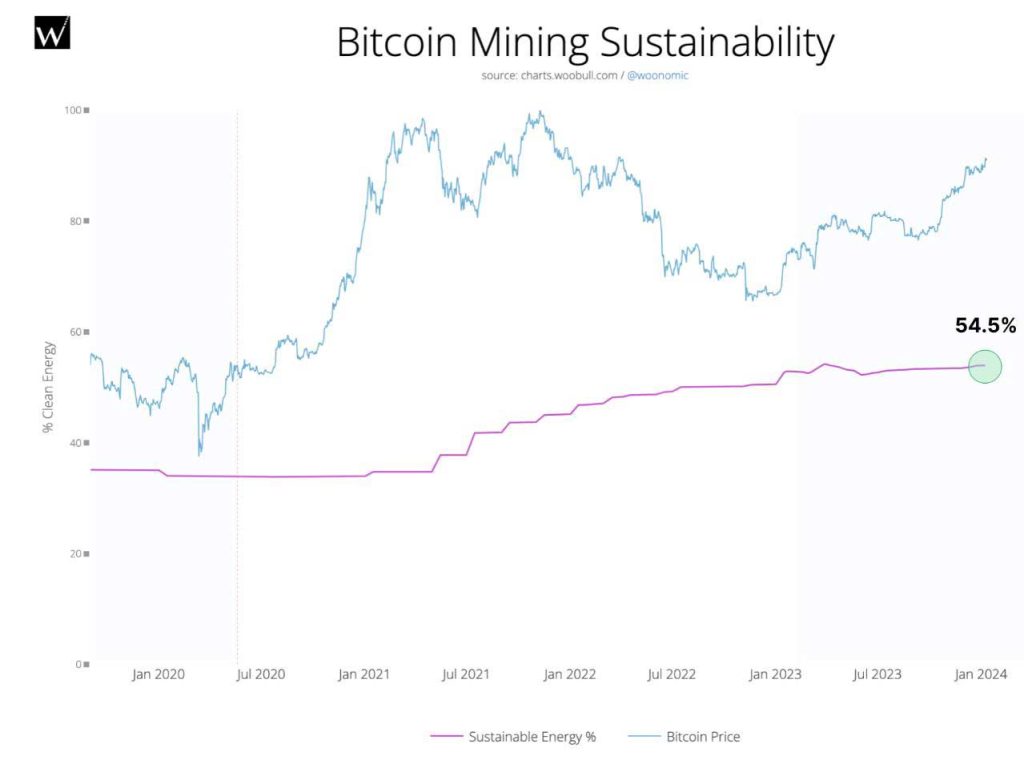The China Factor: Examining The Automotive Industry's Dependence And Risks

Table of Contents
China as a Manufacturing Powerhouse
China's role in global automotive manufacturing is undeniable. Its influence spans raw material sourcing, assembly, and technological innovation, creating both opportunities and challenges for international automakers.
Raw Material Dependence
China's dominance in the supply of essential raw materials for automotive production, particularly for electric vehicles (EVs), presents a significant vulnerability for global automakers.
- Dependence on Chinese mines for key EV battery materials: China controls a substantial portion of the global supply of rare earth minerals like lithium, cobalt, and graphite, crucial components in EV batteries. This dependence creates a single point of failure in the supply chain.
- Potential for supply chain disruptions due to geopolitical instability or trade disputes: Any disruption to Chinese mining operations, whether due to political instability, environmental concerns, or trade conflicts, can severely impact global EV production.
- Need for diversification of sourcing to mitigate risk: Automakers are increasingly recognizing the need to diversify their sourcing of raw materials, exploring alternative suppliers in countries like Australia, South America, and Africa to reduce their reliance on China. This diversification is a crucial element of supply chain resilience.
Manufacturing and Assembly
A significant portion of global automotive production takes place in China, attracted by lower labor costs and well-established infrastructure. This reliance, while offering cost advantages, also introduces considerable risks.
- Large-scale manufacturing facilities of major international brands in China: Many global automakers have invested heavily in large-scale manufacturing facilities in China, leveraging the country's vast workforce and manufacturing expertise.
- Cost-effectiveness of Chinese manufacturing for global competitiveness: The lower manufacturing costs in China contribute significantly to the global competitiveness of many automotive brands.
- Risks associated with relying heavily on a single manufacturing location: Over-reliance on a single manufacturing location, however, exposes automakers to potential disruptions from factors like political instability, natural disasters, or labor disputes within China.
Technological Advancements and Innovation
China's rapid advancements in automotive technology, especially in electric vehicles (EVs) and autonomous driving (AD), present both opportunities and challenges for established automotive players.
- Rise of Chinese EV brands and their global ambitions: Chinese EV brands like BYD, NIO, and Xpeng are rapidly gaining market share, both domestically and internationally, challenging established global automakers.
- Competition from Chinese tech companies in autonomous driving: Chinese tech giants like Baidu and Tencent are making significant strides in autonomous driving technology, posing a competitive threat to traditional automakers and specialized AD companies.
- Potential for technology transfer and intellectual property concerns: The rapid technological advancements in China raise concerns about the potential for technology transfer and intellectual property theft, a key risk for international companies operating in the Chinese market.
The Chinese Domestic Market – A Double-Edged Sword
China is the world's largest automotive market, presenting enormous potential, but also significant challenges for foreign automakers.
Massive Market Potential
The sheer size of the Chinese automotive market offers immense growth opportunities for automakers willing to navigate its complexities.
- Increasing middle class fueling demand for vehicles: China's burgeoning middle class is driving a significant increase in demand for personal vehicles, creating a massive market for both traditional internal combustion engine (ICE) vehicles and EVs.
- Government incentives driving EV adoption: The Chinese government is actively promoting the adoption of electric vehicles through various incentives and regulations, creating a favorable environment for EV manufacturers.
- Opportunities for automakers to tap into a vast consumer base: The massive consumer base in China presents significant opportunities for automakers to expand their market reach and revenue streams.
Regulatory Hurdles and Market Volatility
The Chinese automotive market is subject to significant regulatory hurdles and market volatility, requiring careful navigation and adaptability.
- Stringent emission standards and safety regulations: China has implemented stringent emission standards and safety regulations, requiring automakers to adapt their products and manufacturing processes to comply with local requirements.
- Government policies influencing market dynamics: Government policies and regulations can significantly impact market dynamics, creating uncertainty and requiring flexibility from automakers.
- Potential for sudden shifts in consumer preferences and market trends: Consumer preferences in China can shift rapidly, requiring automakers to closely monitor market trends and adapt their offerings accordingly.
Geopolitical Risks and Trade Relations
Geopolitical factors and trade relations significantly impact the automotive industry's relationship with China.
US-China Trade Tensions
Ongoing trade disputes between the US and China can disrupt supply chains and increase costs for automakers.
- Tariffs and trade barriers impacting vehicle imports and exports: Tariffs and trade barriers can increase the cost of importing and exporting vehicles, affecting profitability and market competitiveness.
- Uncertainty and instability affecting investment decisions: Trade tensions create uncertainty, making it more difficult for automakers to make long-term investment decisions in China.
- Need for strategic risk management to navigate trade uncertainties: Automakers need robust risk management strategies to navigate the uncertainties associated with US-China trade relations.
Political and Economic Stability
Political instability or economic downturns in China can have cascading effects on the global automotive industry.
- Impact of potential economic slowdowns on demand and production: Economic slowdowns in China can significantly reduce demand for vehicles and impact production levels.
- Geopolitical risks and their potential disruption to supply chains: Geopolitical risks, such as regional conflicts or political instability, can disrupt supply chains and hinder production.
- Importance of diversification and resilience in supply chain management: Diversifying supply chains and building resilience into supply chain management are crucial strategies for mitigating these risks.
Conclusion
The "China factor" is undeniably significant for the global automotive industry. While China offers unparalleled opportunities—a massive market and a cost-effective manufacturing base—it also presents substantial risks relating to supply chain dependencies, geopolitical uncertainties, and regulatory hurdles. Automakers must adopt a strategic approach that balances the exploitation of the Chinese market's potential with the mitigation of inherent risks. Diversification of supply chains, careful navigation of regulatory landscapes, and robust risk management strategies are crucial for long-term success in this increasingly complex and interconnected global automotive landscape. To thrive, companies must develop a comprehensive understanding of the China factor and proactively manage its implications. Ignoring the China factor is no longer an option; actively engaging with its complexities is key to survival and prosperity in the automotive industry.

Featured Posts
-
 Lotto 6aus49 Gewinnzahlen Vom Mittwoch Den 9 April 2025
May 08, 2025
Lotto 6aus49 Gewinnzahlen Vom Mittwoch Den 9 April 2025
May 08, 2025 -
 Racha Imparable Dodgers Mejor Inicio De Temporada En La Historia
May 08, 2025
Racha Imparable Dodgers Mejor Inicio De Temporada En La Historia
May 08, 2025 -
 7 Paramount Movies You Didnt Know Existed But Should Watch Now
May 08, 2025
7 Paramount Movies You Didnt Know Existed But Should Watch Now
May 08, 2025 -
 Cassidy Hutchinson Memoir A Fall 2024 Release On Her Jan 6 Testimony
May 08, 2025
Cassidy Hutchinson Memoir A Fall 2024 Release On Her Jan 6 Testimony
May 08, 2025 -
 Psg Strategjia Qe Coi Ne Fitoren Minimale
May 08, 2025
Psg Strategjia Qe Coi Ne Fitoren Minimale
May 08, 2025
Latest Posts
-
 Bitcoin Madenciligi Son Durak
May 08, 2025
Bitcoin Madenciligi Son Durak
May 08, 2025 -
 Bitcoin Mining Exploring The Reasons For The Recent Surge In Activity
May 08, 2025
Bitcoin Mining Exploring The Reasons For The Recent Surge In Activity
May 08, 2025 -
 Bitcoin Madenciliginin Sonu Yaklasiyor Mu
May 08, 2025
Bitcoin Madenciliginin Sonu Yaklasiyor Mu
May 08, 2025 -
 This Weeks Bitcoin Mining Increase A Deep Dive
May 08, 2025
This Weeks Bitcoin Mining Increase A Deep Dive
May 08, 2025 -
 Understanding The Recent Spike In Bitcoin Mining Difficulty And Hashrate
May 08, 2025
Understanding The Recent Spike In Bitcoin Mining Difficulty And Hashrate
May 08, 2025
